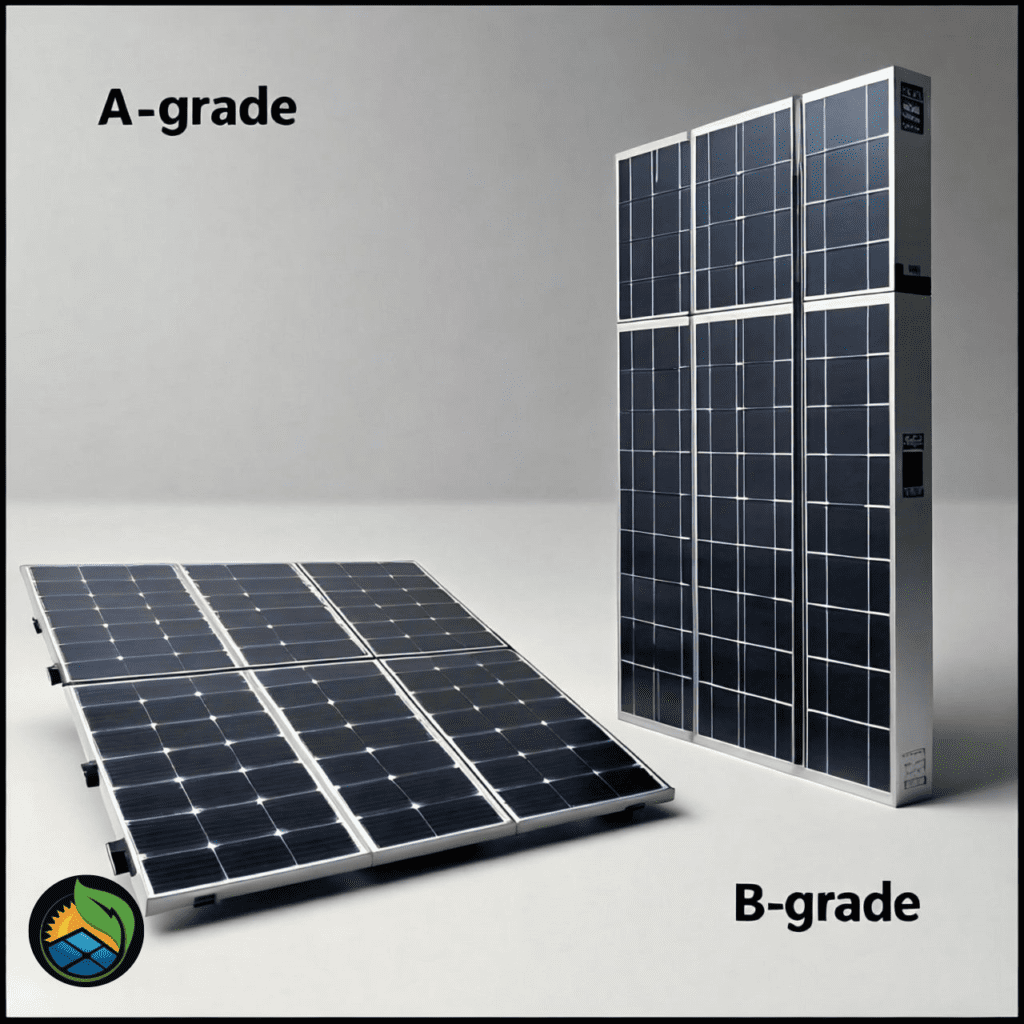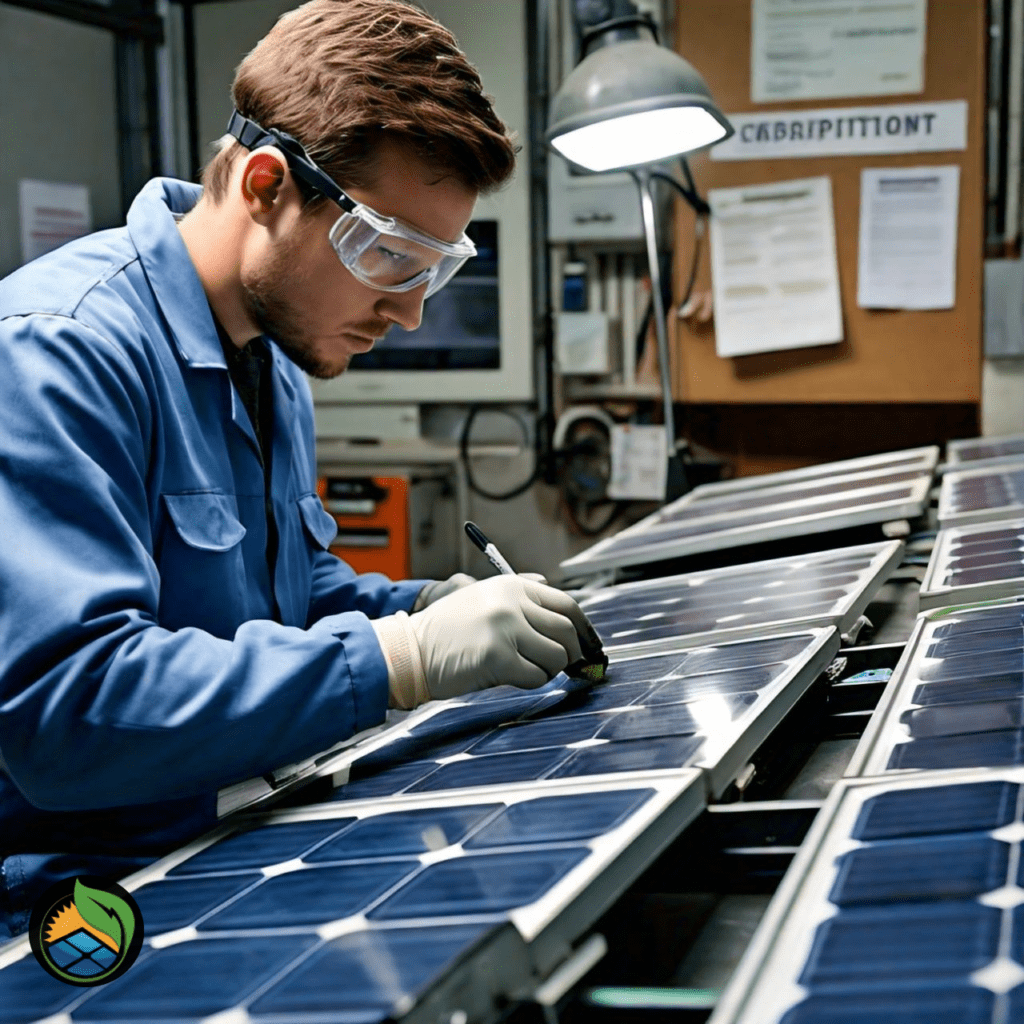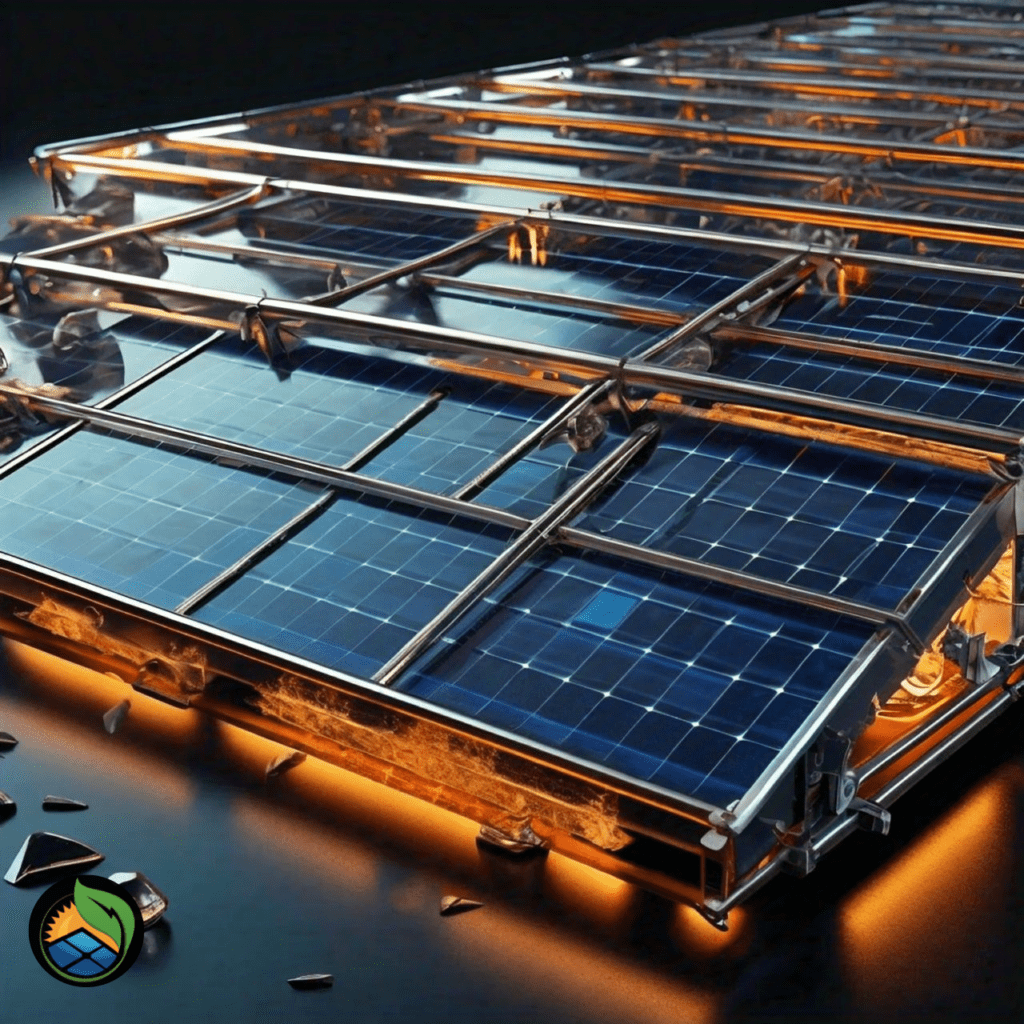Learn about solar panel grades, their impact on efficiency, durability, and ROI. Make informed decisions with our comprehensive guide to choosing high-quality solar panels.
Before making the big leap to solar power, there are a lot of things to think about, such as how well the panels work. If you want to get the most out of your solar energy system and maximise your return on investment, it’s important to know how solar panels are rated. In this detailed tutorial, we will examine the various elements that affect solar panel grades, as well as how to determine the wattage of a solar panel and the different sorts of solar panel grades. To help you make a well-informed decision, we will also dispel common fallacies and go over practical strategies for selecting high-quality panels.
What Are Solar Panel Grades?
The grading system for solar panels is based on how well they function, how reliable they are, and other metrics related to quality and performance. Having these grades to compare goods is crucial for consumers and organisations considering solar energy systems. Solar panels come in a variety of grades, and knowing what they are will help you choose the best ones for your energy demands and budget.
Definition and Importance of Solar Panel Grades
No amount of emphasis can be placed on the significance of solar panel grades. They are a measure of the efficiency, longevity, and general performance of a panel. It is usually worth it to invest in high-grade solar panels because they have better energy conversion rates, last longer, and are more reliable. Conversely, lower-quality panels can not last as long, not be as efficient, and require more frequent repairs. If you pay close attention to these grades, you can keep your solar energy system running smoothly and efficiently for years to come.
Different Types of Solar Panel Grades
Tier 1, Tier 2, and Tier 3 are the three primary classifications for solar panel grades. Various elements determine the tiers, which in turn indicate varying degrees of quality and performance. If you’re trying to find panels that fit your needs and budget, knowing these distinctions can help.

Factors Influencing Solar Panel Grades
Efficiency: Solar panel efficiency refers to the ratio of the electrical output of a solar panel to the incident energy in the form of sunlight. Higher efficiency panels convert more sunlight into electricity, making them more effective for limited space applications.
Durability: The ability of a solar panel to withstand environmental stressors such as high winds, heavy snow loads, and temperature fluctuations is crucial. Durable panels are less likely to suffer damage and require replacement.
Manufacturing Quality: The precision and quality control exercised during the manufacturing process significantly affect the panel’s performance and longevity. Reputable manufacturers with stringent quality standards tend to produce higher-grade panels.
Material Quality: The materials used in the construction of solar panels, including the type of silicon and the quality of encapsulation, directly impact their efficiency and lifespan.
Performance in Various Conditions: The ability of solar panels to maintain performance under different weather conditions, such as low light or high heat, is essential for consistent energy production.
Solar Panel Grades Utilised
Tier 1 Solar Panels
Characteristics: Tier 1 solar panels are the highest grade available, known for their superior efficiency, durability, and advanced manufacturing techniques. These panels often use the latest technology and high-quality materials, ensuring excellent performance and reliability. They also have the longest warranties, reflecting the manufacturer’s confidence in their product’s longevity.
Manufacturers: Leading manufacturers of Tier 1 solar panels include well-established companies such as SunPower, LG, and Panasonic. These manufacturers are recognized for their rigorous quality control measures, extensive research and development, and innovative technologies. Their panels are frequently used in both residential and commercial installations due to their high performance and reliability.

Tier 2 Solar Panels
Characteristics: Tier 2 solar panels offer a good balance between cost and performance. While they may not match the efficiency and durability of Tier 1 panels, they are still reliable and effective for most residential and commercial applications. These panels are often produced by manufacturers with solid reputations but slightly less stringent quality control processes compared to Tier 1 producers.
Manufacturers: Notable manufacturers of Tier 2 solar panels include companies like Canadian Solar, Trina Solar, and Jinko Solar. These manufacturers provide a range of reliable and competitively priced panels, making them a popular choice for budget-conscious consumers who still want good performance and reliability.
Tier 3 Solar Panels
Characteristics: Tier 3 solar panels are generally the most affordable but come with trade-offs in terms of efficiency, durability, and overall performance.Newer or smaller manufacturers often produce these panels, and they may lack the same level of experience or quality control as Tier 1 and Tier 2 manufacturers. As a result, Tier 3 panels may require more frequent maintenance and have shorter lifespans.
Manufacturers: Manufacturers of Tier 3 solar panels are typically smaller, lesser-known companies. While these panels can be a cost-effective option for those with tight budgets, it is essential to thoroughly research the manufacturer and their products to ensure you are making a wise investment.
How to Determine the Quality of Solar Panels
Checking Manufacturer Reputation
Investigating the manufacturer’s reputation is a dependable approach to ascertaining the grade of a solar panel. You can expect to get Tier 1 items from well-established manufacturers who have a track record of making excellent solar panels. You can tell a lot about a company’s reliability and quality standards by looking at their track record, client reviews, and industry accolades.
Reviewing Certifications and Standards
The safety and quality of a solar panel can be determined by looking at its certifications and standards. Find panels that have the seal of approval from reputable organizations like UL and the International Electrotechnical Commission (IEC). These certificates guarantee that the panels are of excellent quality and meet particular safety and performance standards, giving you peace of mind when you buy them.
Understanding Warranty Terms
Another way to tell if solar panels are good quality and reliable is to look at the warranty conditions given by the manufacturer. The manufacturer’s trust in the durability and effectiveness of high-grade panels is reflected in their lengthier warranties. Keep in mind that there is a performance warranty that promises a specific amount of energy output over time, in addition to a product warranty that covers materials and defects.

Evaluating Performance Metrics
- Efficiency Rate: The efficiency rate is a crucial metric for assessing solar panels. Higher efficiency panels convert more sunlight into usable electricity, making them more effective, especially in space-constrained installations.
- Temperature Coefficient: This metric indicates how well a solar panel performs at higher temperatures. Panels with a lower temperature coefficient maintain their efficiency better under hot conditions.
- Power Tolerance: Power tolerance refers to the acceptable range of power output deviation from the panel’s rated capacity. A narrow power tolerance range means more consistent and reliable performance.
Testing and Certification
Common Testing Standards: Standards such as IEC 61215 for performance and UL 1703 for safety are widely recognised in the industry. Panels that meet these standards have undergone rigorous testing to ensure they perform reliably under various conditions.
Importance of Third-Party Certifications: Third-party certifications from organizations like TÜV Rheinland provide an unbiased assessment of a panel’s quality and performance. These certifications add an extra layer of credibility and assurance that the panels will perform as expected.
Reading and Understanding Certification Labels: Familiarise yourself with certification labels and what they signify. This knowledge will help you quickly identify high-quality panels that meet stringent industry standards.
Practical Tips for Checking Solar Panel Grades
Inspecting Physical Components
- Solar Cells: Inspect the solar cells for uniformity and the absence of defects or discoloration. High-quality cells should appear consistent and well-made.
- Frames and Glass: Check the frames and glass for robustness and quality. Strong, well-constructed frames and tempered glass help protect the solar cells and ensure the panel’s longevity.
Using Online Tools and Databases
Leverage online resources and databases that provide detailed information on various solar panels and their grades. Websites like PVTech and SolarReviews offer comprehensive reviews and comparisons, helping you make an informed decision.
Consulting with Experts and Installers
Make use of databases and internet sites that give comprehensive details about different solar panels and their grades. Review and comparison websites like PVTech and SolarReviews provide all the information you need to make a well-informed choice.
Benefits of High-Grade Solar Panels
- Longevity and Reliability: High-grade solar panels are designed to last longer and perform reliably over their lifespan. Investing in these panels reduces the likelihood of frequent replacements and maintenance.
- Higher Energy Output: These panels typically offer higher efficiency, translating to more electricity production from the same amount of sunlight. This is especially beneficial in areas with limited space for solar installations.
- Better Return on Investment: While high-grade panels may have a higher initial cost, their superior performance and durability often result in a better return on investment through increased energy savings and reduced maintenance costs.
- Lower Maintenance Costs: High-quality panels require less maintenance and are less prone to issues, resulting in lower long-term maintenance costs.
Solar Panel Grade Myths Dispelled

Misconceptions About Efficiency
It is often believed that efficiency is the sole metric by which a panel is judged. When considering the quality and lifespan of a panel, efficiency isn’t the only thing that matters. Other key aspects include durability, material quality, and performance under different situations.
Myths About Cost and Quality Correlation
The idea that more money means better quality is another fallacy. Although premium panels are more expensive, you shouldn’t let the price be your only criterion for selecting a product; you should also look at certifications, warranties, and the reputation of the manufacturer.
Conclusion
In order to make a well-informed decision when investing in solar energy, it is vital to understand solar panel grades. You may choose the most suitable panels for your needs, guaranteeing long-term advantages and excellent energy output, by thinking about things like efficiency, durability, and the reputation of the producer. Investing in high-quality solar panels is a wise decision because of all the benefits they provide, such as increased energy production, longer lifespan, and better return on investment. Never forget that purchasing high-quality solar panels has a double benefit: cutting your energy bills in the short term and helping the environment in the long run.
